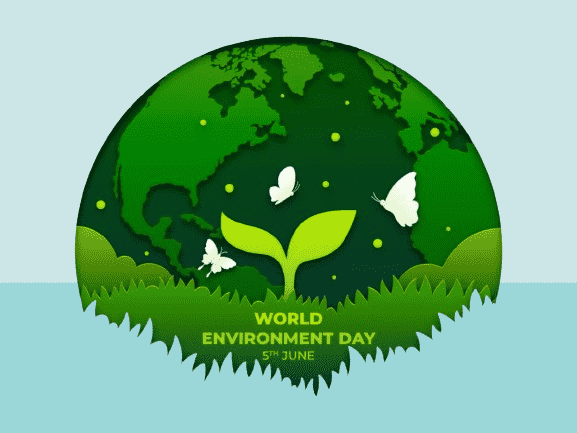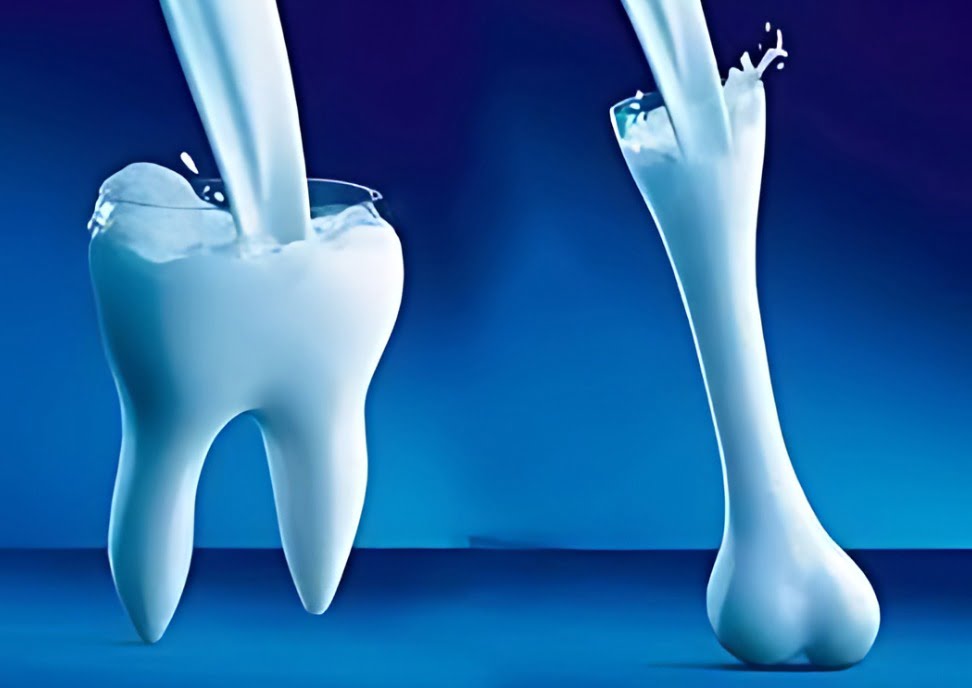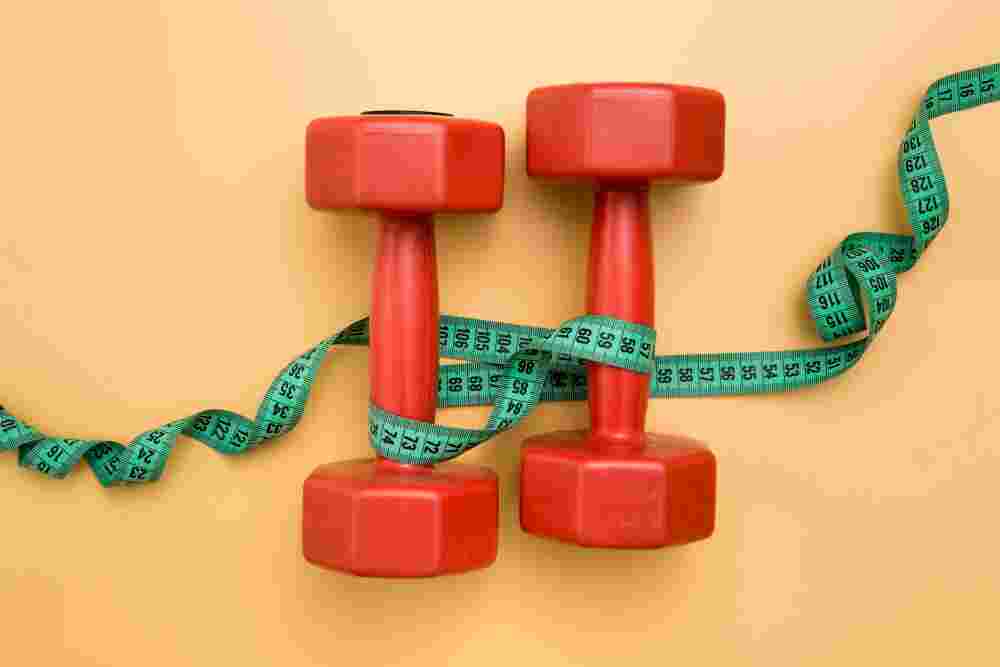World Environment Day: The Impact of Pollution on Human Health and The Role of Healthcare Professionals in Environmental Advocacy
World Environment Day is a global event that’s celebrated on the 5th of June every year to raise awareness about the increasing pollution and its effects on our environment. Healthcare professionals, at the forefront of witnessing these consequences, have a crucial role to play not only in treating the illnesses caused by pollution but also in advocating for environmental change.
In this article, we’ll have a look at the impact of pollution on human health and the role of healthcare professionals in environmental advocacy.
What Is the Impact of Pollution on Human Health?
There’s an undeniable link between a polluted environment and a decline in human health. Air pollution, a major concern, is a complex mix of gases, particles, and biological matter that contaminates the air we breathe. According to the World Health Organization (WHO), 9 out of 10 people globally are exposed to unsafe air, leading to an estimated 4.2 million premature deaths annually. There are different types of pollution and all have serious consequences on human health.
Air pollution
Respiratory illnesses like asthma, chronic obstructive pulmonary disease (COPD), and lung cancer see a significant rise in areas with high levels of air pollution. Additionally, air pollutants can infiltrate the bloodstream, impacting cardiovascular health and increasing the risk of stroke and heart disease. Children, pregnant women, and the elderly are particularly vulnerable to these detrimental effects.
Water pollution
Water pollution, another significant environmental concern, poses a different set of health risks. Contaminated water, often caused by industrial waste, agricultural runoff, or improper sanitation, can harbor harmful bacteria, viruses, and parasites. These contaminants can lead to waterborne diseases like diarrhea, cholera, and typhoid, causing significant morbidity and mortality, especially in developing countries.
Soil pollution
Soil contamination with heavy metals or pesticides can enter the food chain and pose a risk of chronic health problems.
Noise pollution
Noise pollution, often overlooked, can lead to hearing loss, sleep disturbances, and even cardiovascular issues.
What Is the Purpose of World Environment Day?
It is a global event led by the United Nations Environment Programme (UNEP) with the purpose of raising awareness and encouraging action for environmental protection.
What Is the Theme of World Environment Day 2024?
The theme for World Environment Day 2024 is “Land restoration, Desertification and Drought Resilience.” This theme highlights the importance of restoring degraded land, preventing desertification, and building resilience to droughts. The Kingdom of Saudi Arabia will host the event for this year’s World Environment Day.
What Is the Difference Between Earth Day and World Environment Day?
Earth Day and World Environment Day both promote environmental awareness and action, but they have some key differences:
- Date: Earth Day is celebrated on April 22nd, while World Environment Day falls on June 5th.
- Origin: Earth Day originated in 1970 as a grassroots movement in the United States. World Environment Day was established in 1972 by the United Nations.
- Purpose: Earth Day tends to be a broader celebration of the planet, with a focus on environmental issues in general. World Environment Day often has a specific theme each year that is chosen by the UN, focusing attention on a particular environmental concern. For instance, the theme for World Environment Day 2024 is “Land restoration: From desertification to transformation.”
Role of Healthcare Professionals in Environmental Advocacy
Here are some keyways healthcare professionals can contribute to environmental protection:
Education and awareness:
Doctors, nurses, and other healthcare workers can educate their patients about the health risks associated with pollution. This can be done through informational pamphlets, patient consultations, and community outreach programs. By raising awareness, healthcare professionals can empower individuals to make healthier choices and advocate for environmental policies that protect their health.
Contribution to the research:
Healthcare professionals can contribute significantly to research on the health impacts of pollution. Their expertise and access to patient data can be invaluable in understanding the specific connections between environmental factors and health outcomes. Furthermore, they can use their credibility to advocate for stricter environmental regulations and support policies that promote clean air, water, and sustainable practices.
Promote sustainable practices in healthcare facilities:
Hospitals, clinics, and other healthcare facilities are often significant energy consumers and waste producers. Healthcare professionals can advocate for and implement sustainable practices within their institutions. This could include using energy-efficient lighting and appliances, reducing paper waste through electronic health records, and promoting green cleaning products. Leading by example within the healthcare system can inspire a broader shift towards sustainable practices.
Personal responsibility:
Healthcare professionals can also act as role models by making environmentally conscious choices in their daily lives. This could include using public transportation or carpooling, reducing energy consumption at home, and adopting sustainable practices in their personal choices. Leading by example can inspire a ripple effect, influencing patients, colleagues, and the broader community.
Join Cure and Craft:
Calling all healthcare professionals, medical students, and writers! Share your insights, experiences, and knowledge on our platform. Let’s craft informative articles together, shaping the future of healthcare. Connect, inspire, and enlighten our audience.





